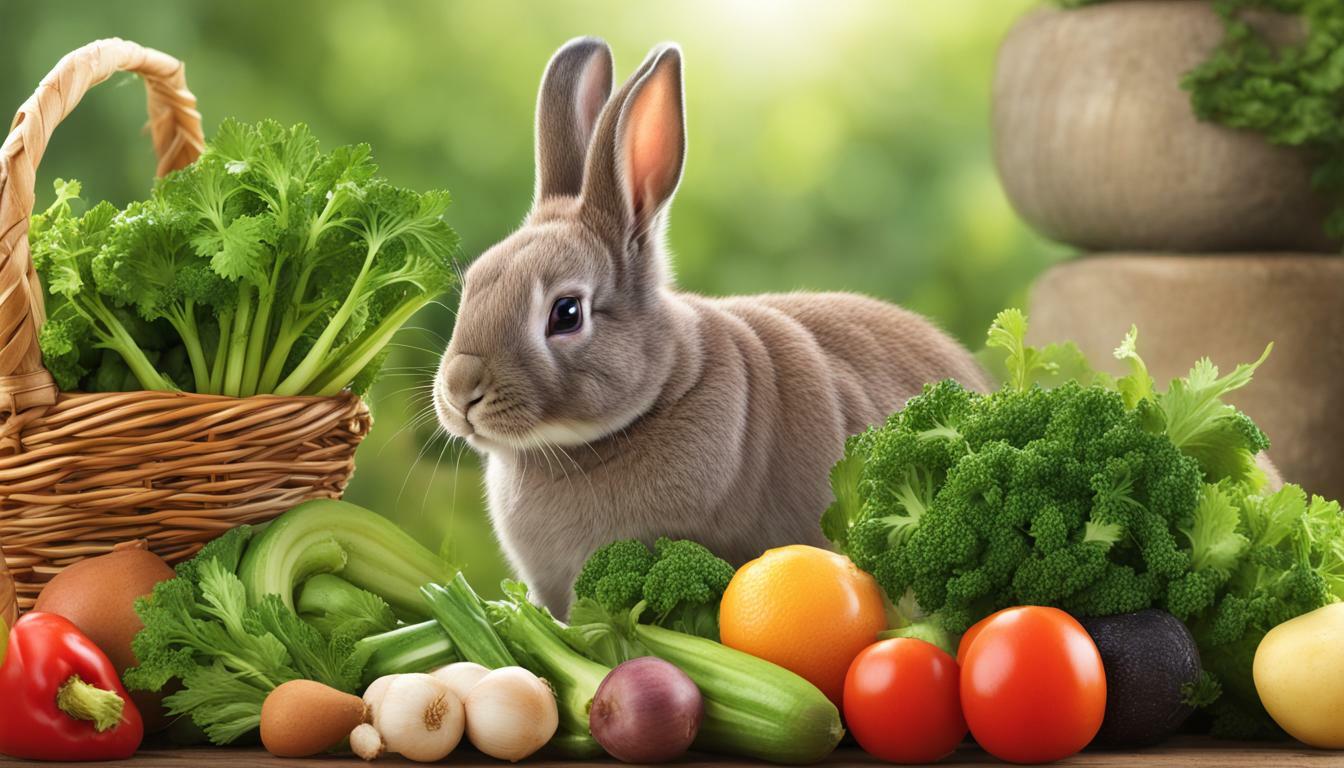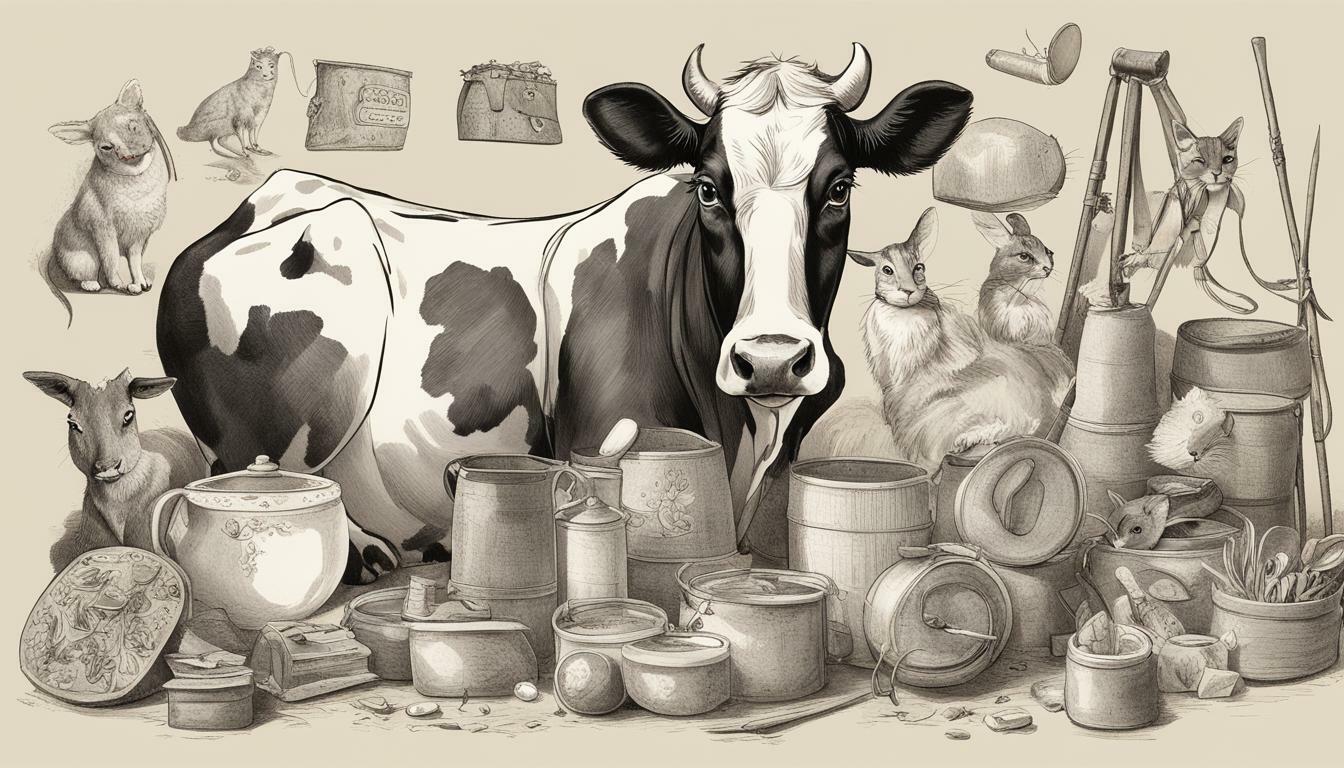Can Rabbits Eat Parsley? Bunny Diet Guide

Table of content:
- Is Parsley Safe for Rabbits?
- What are the Benefits of Feeding Parsley to Rabbits?
- How Much Parsley Can Rabbits Eat?
- Is Parsley Safe for Baby and Adult Rabbits?
- Can Wild Rabbits Eat Parsley?
- Is Parsley Safe for All Breeds of Rabbits?
- Can Rabbits Eat Parsley Roots?
- Can Rabbits Eat Dried Parsley?
- Is Parsley Toxic to Rabbits? Risks to Avoid
- Quick Tips for Feeding Parsley to Rabbits
- Conclusion
Parsley is a common herb used for cooking. With its fresh green leaves and bright flavor, it’s no wonder parsley is a staple vegetable in many kitchens. But is parsley something you should share with your bunny? Here’s what you need to know about feeding rabbits parsley.
Is Parsley Safe for Rabbits?
Parsley is safe for rabbits to eat. Both the leafy greens and the root of parsley contain nutrients that are beneficial for your rabbit’s health and digestion.
Parsley is not known to be toxic or poisonous to rabbits. However, as with any new treat, parsley should be introduced slowly and fed in moderation to watch for any signs of digestive upset.
What are the Benefits of Feeding Parsley to Rabbits?
Parsley offers nutritional value for rabbits. The herb is high in vitamins A, C, and K as well as calcium, potassium, iron, and manganese. Parsley contains antioxidants and volatile oils that may support your rabbit’s:
- Immune system
- Digestive health
- Urinary tract health
- Reproductive health
- Overall wellness
The fiber in parsley may also aid healthy digestion and prevent issues like gastrointestinal stasis. The roots specifically contain inulin, a prebiotic that is beneficial for your rabbit’s gut flora.
How Much Parsley Can Rabbits Eat?
Parsley can be fed to rabbits daily but in moderation. Introduce parsley slowly at first. Start with just a few sprigs every other day and gradually increase to no more than 1-2 tablespoons per 2 lbs of body weight per day.
Spread out your rabbit’s parsley intake throughout the day as a snack or mix it into their regular diet. Too much at once increases the risk of diarrhea or other forms of digestive upset.
Is Parsley Safe for Baby and Adult Rabbits?
Parsley is safe for most adult and baby bunnies over 12 weeks old. Once baby rabbits are nibbling solid foods and transitioning from nursing, small amounts of washed parsley can be offered 2-3 times a week.
For pregnant, nursing, or young rabbits, introduce parsley slowly and carefully watch for any diarrhea or other adverse reactions. Consult your vet if you have any concerns about feeding parsley to rabbits with sensitive digestion.
Can Wild Rabbits Eat Parsley?
Wild cottontail rabbits and hares will eat parsley if they find it growing in their environment. Whether in your garden or foraging naturally, parsley provides vitamins, minerals, and fiber wild rabbits need.
If you want to actively feed parsley to wild rabbits, offer it sparingly along with their natural mixed diet. Avoid dramatically changing a wild rabbit’s diet quickly.
Is Parsley Safe for All Breeds of Rabbits?
Most rabbit breeds can safely eat parsley. Small amounts of parsley are fine for breeds like Holland Lops, Lionheads, Mini Rexes, Netherland Dwarfs, and more.
Larger rabbit breeds like Flemish Giants and New Zealands can handle a bit more parsley in their diet. Just adjust serving sizes based on your specific rabbit’s size and individual tolerance.
If your rabbit has ongoing digestive issues or you have a sensitive breed like a Rex or Angora, proceed with extra care when introducing new foods. But parsley is generally well-tolerated by most rabbits.
Can Rabbits Eat Parsley Roots?
Yes, rabbits can eat parsley roots. Both the root and leafy parts of parsley provide nutritional value.
Parsley roots contain iron, calcium, vitamin B6, vitamin C, and fiber. The roots also have inulin, a prebiotic that supports digestive health.
Wash parsley roots thoroughly and chop them into small pieces before serving. Introduce parsley roots slowly into your rabbit’s diet and monitor their stool and appetite to make sure they tolerate this new treat well.
Can Rabbits Eat Dried Parsley?
Dried parsley is safe for rabbits in moderation. Drying concentrates the nutrients and flavors of parsley. But it also removes some of the natural fluid content that aids digestion.
To serve dried parsley, rehydrate it first by soaking in water for a few hours. This helps make it easier to chew and digest. Introduce dried parsley slowly mixed with your rabbit’s regular foods.
Dried parsley loses some vitamin C potency but retains other key nutrients rabbits need. Use it as an occasional treat in variety with fresh parsley.
Is Parsley Toxic to Rabbits? Risks to Avoid
Parsley itself is not toxic to rabbits when fed properly. But there are some risks to keep in mind:
- Feeding too much parsley can cause soft stool, diarrhea, or intestinal upset due to excess oxalates.
- Rabbits should not eat parsley flowers or seeds, which contain trace amounts of a neurotoxin.
- Avoid parsley grown with pesticides or contaminated with bacteria like E. coli. Thoroughly wash store-bought parsley.
- If your rabbit has pollen allergies or kidney issues, consult your vet first before feeding parsley.
Start with small amounts of parsley and discontinue use if any concerning symptoms develop like appetite loss, lethargy, or diarrhea.
Quick Tips for Feeding Parsley to Rabbits
Follow these tips for safely feeding parsley to pet rabbits:
- Wash parsley thoroughly to remove dirt, pesticides, or contaminants
- Introduce parsley slowly and increase portions gradually
- Chop parsley into small pieces for easier chewing and digestion
- Mix a few sprigs of parsley into your rabbit’s regular diet
- Feed parsley roots occasionally for added nutrition
- Select high-quality fresh parsley whenever possible
- Monitor your rabbit’s stool and appetite closely for any issues
- Consult your vet about any concerns related to feeding parsley
Conclusion
Most rabbits can safely enjoy parsley in moderation as part of a balanced diet. Parsley provides vitamins, minerals, antioxidants, and prebiotics that support rabbit health. Introduce parsley slowly and stick to a few sprigs per day to avoid digestive upset. Both the leafy greens and root of parsley offer nutritional benefits for rabbits. Following proper feeding guidelines will allow your bunny to enjoy parsley as a tasty treat.
Welcome. I’m Adreena Shanum, the proud owner of this website, and I am incredibly passionate about animals, especially poultry. I founded adreenapets.com as a labor of love, stemming from my desire to share my knowledge and experiences with poultry enthusiasts worldwide.




